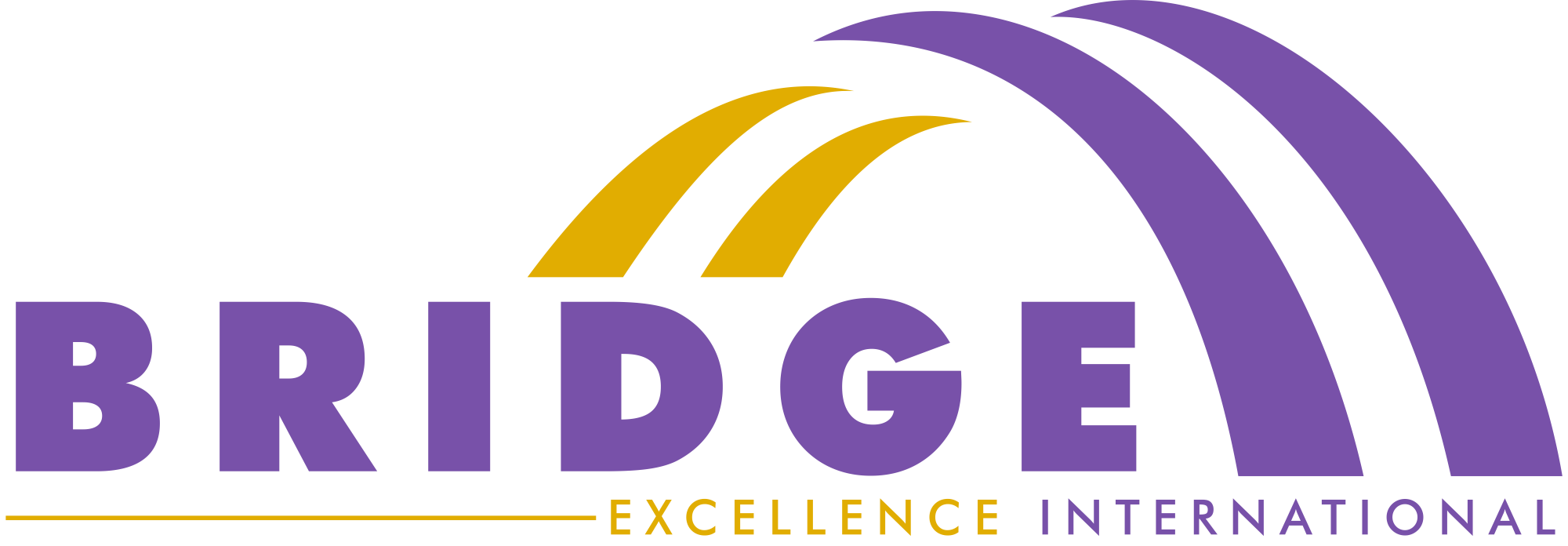In our last post, we talked about how AI is transforming the workplace — and why human creativity and empathy remain irreplaceable. Now, Rohan Shah is back with a deeper dive into how you can actually start using AI in your day-to-day work.
If you’ve been curious about AI but aren’t sure where to begin, this one’s for you.
So… where do you start?

1. Identify tasks AI can optimize.
Start by scanning your daily workflow. What feels repetitive, time-consuming, or mentally draining? Tasks like scheduling, email drafting, data entry, note-taking, and customer service are prime candidates for AI support.
2. Explore tools that fit your industry.
From marketing to finance to logistics, there are AI tools designed for just about every field. Start small — try a chatbot assistant, an AI writing tool, or an automation platform that integrates with what you’re already using.
Here are a few solid options to get you started — no matter your role:
- Writing & Content Creation
- ChatGPT or Jasper AI – for blog drafts, email replies, creative brainstorming.
- GrammarlyGO – for real-time writing suggestions powered by AI.
- ChatGPT or Jasper AI – for blog drafts, email replies, creative brainstorming.
- Productivity & Automation
- Notion AI – to summarize meeting notes, manage projects, and generate to-do lists.
- Zapier – to automate workflows between your favorite apps.
- Clockwise – smart calendar management that prioritizes deep work time.
- Notion AI – to summarize meeting notes, manage projects, and generate to-do lists.
- Customer Experience & Support
- Intercom or Zendesk AI – automate customer responses and improve service speed.
- Tidio – for small businesses looking to scale customer chat without losing the personal touch.
- Intercom or Zendesk AI – automate customer responses and improve service speed.
- Data & Analytics
- MonkeyLearn – turn unstructured data (like customer feedback) into usable insights.
- Tableau with AI extensions – for more powerful data visualizations and forecasting.
- MonkeyLearn – turn unstructured data (like customer feedback) into usable insights.
Whether you’re in marketing, HR, operations, or sales — these tools can help you do more with less effort.
3. Shift your mindset: AI is a collaborator, not a competitor.
Here’s the key: don’t think of AI as replacing your job — think of it as enhancing it. You bring the strategy, empathy, and vision. AI handles the busywork and brings the speed, so you can focus on what truly matters.
Your turn:
What’s one task you’d love to hand off to AI?
Drop it in the comments — we’d love to hear how you’re thinking about the future of work.
Let’s build smarter, more human-centered workflows — together.
